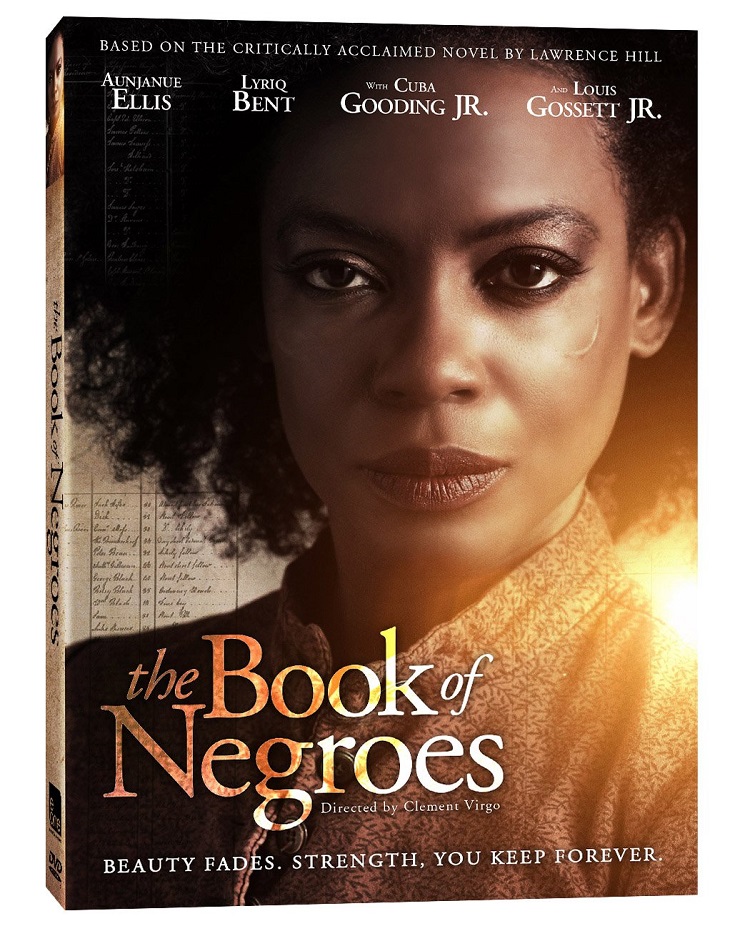
As a genre, historical fiction when adapted well for film or television, can teach people about important parts of history. These parts of history may be an expansion of what they have already learned or it may teach about stories from history that have been silenced. However, if the studio producing the adaptation strays too far away from the original manuscript, the important message being taught through the historical fiction can often be lost.
Historical fiction is also a genre that when adapted for the screen can be either beneficial or detrimental to history. What effect it has depends on a few different factors, the subject matter depicted, the point of view of the author, and the point of view of those who adapt the stories for film or television.
If the fiction is authored or adapted by someone looking to reinforce the narratives that already have a place of power in history, then the project will only further solidify the already dominant and popular historical narrative without offering something new. And when you give a louder voice to people and events that already have dominance, then in turn you further silence the people or cultures deemed unimportant by the dominant historical narrative. This silencing of people is the reason that many countries, especially America, have lost so much of history that did not affect white, Anglo-Saxon, protestant males.
However, historical fiction can also help give a voice to the voiceless and begin to educate people about parts of history that have not been part of the dominant narrative. Often in this genre we find incredible stories of women, blacks, Asians, and other groups that have been told that they do not have a voice and that the stories these groups have to tell are unimportant. In his novel, The Book of Negroes, Lawrence Hill gave a voice to Aminata, an African woman whose story needs to be told.
Turned into a six-part miniseries, which premiered on CBC in Canada and on BET in the United States, The Book of Negroes is the story of Aminata Diallo (Aunjanue Ellis) a young girl who was born and spent her early adolescence in the African village of Mali. As a child her father wants to set her apart from the other girls and teaches her about Islam, how to read and write, as well as how to track and find her way home. Aminata’s mother, a mid-wife, rounds out Aminata’s learning by teaching her the vocation of “catching babies.”
While the Diallo family makes their way to a nearby village so Aminata and her mother can help with the birth of a child, they encounter slavers who abduct Aminata. She is then forced to spend months marching to the sea so she can be taken to South Carolina and sold into slavery. Viewers learn about Aminata’s life and how she uses her intelligence and instincts to force her way to freedom and register her name in the Book of Negroes.
Lawrence Hill’s novel of the same name is based on the history of the Black Loyalists who fought for the British during the American Revolutionary War (1775-1783). While many slave narratives focus on periods surrounding the American Civil War (1861-1865), the Africans who are depicted in The Book of Negroes were fighting for their freedom when the end of slavery in America was still almost a hundred years in the future.
The Book of Negroes is a beautifully acted miniseries. All of the performances are so well acted that it is very easy to become emotionally connected to each character. I could single out performances but each actor really made their character completely well rounded and believable. I loved the characters I was supposed to love and I hated the characters I was supposed to hate.
Clement Virgo also did a fantastic directing job. It is easy to watch because of how quickly the series engages its audience. However, Virgo did not downplay the graphic nature for its televisions adaptation. There are many uncomfortable and horrific moments that are important to Aminata’s story, which Virgo handles with such directorial skill that they never come across as sensational or over-the-top for the sake of ratings.
The Book of Negroes is a three-disc DVD set that runs a total of 450 minutes. This special edition set includes a beautiful collector’s book with Laurence Hill’s essay about how his novel journeyed from the page to the screen, as well as over three hours of bonus material that include:
- Ten interviews from the cast and crew of The Book of Negroes including Aunjanue Ellis, Lyriq Bent, Louis Gossett Jr. and Cuba Gooding Jr.
- “History of the Black Loayalists Society” is about the Black Loyalists who settled in Nova Scotia.
- “Armistad” is about how the famed ship was connected with the actual Book of Negroes.
- A interview with Laurence Hill while on set during the filming.
- Another interview with Laurence Hill about the history of the Black Loyalists, his novel, and the miniseries.
- 30 minutes of deleted scenes.
I watched every special feature on this DVD set and although the miniseries stands on its own, they definitely add to the larger picture regarding the history of the Black Loyalists. The interviews with the cast and with Hill were my favorites because they give modern-day perspective to this important part of American and Canadian history.
The Book of Negroes is an important miniseries because it gives a voice to a story that has been silenced by dominant history. And as Laurence Hill points out in one of his interviews, there needs to be a continued dialogue around slavery not just because of the past, but because slavery is still occurring in our present.